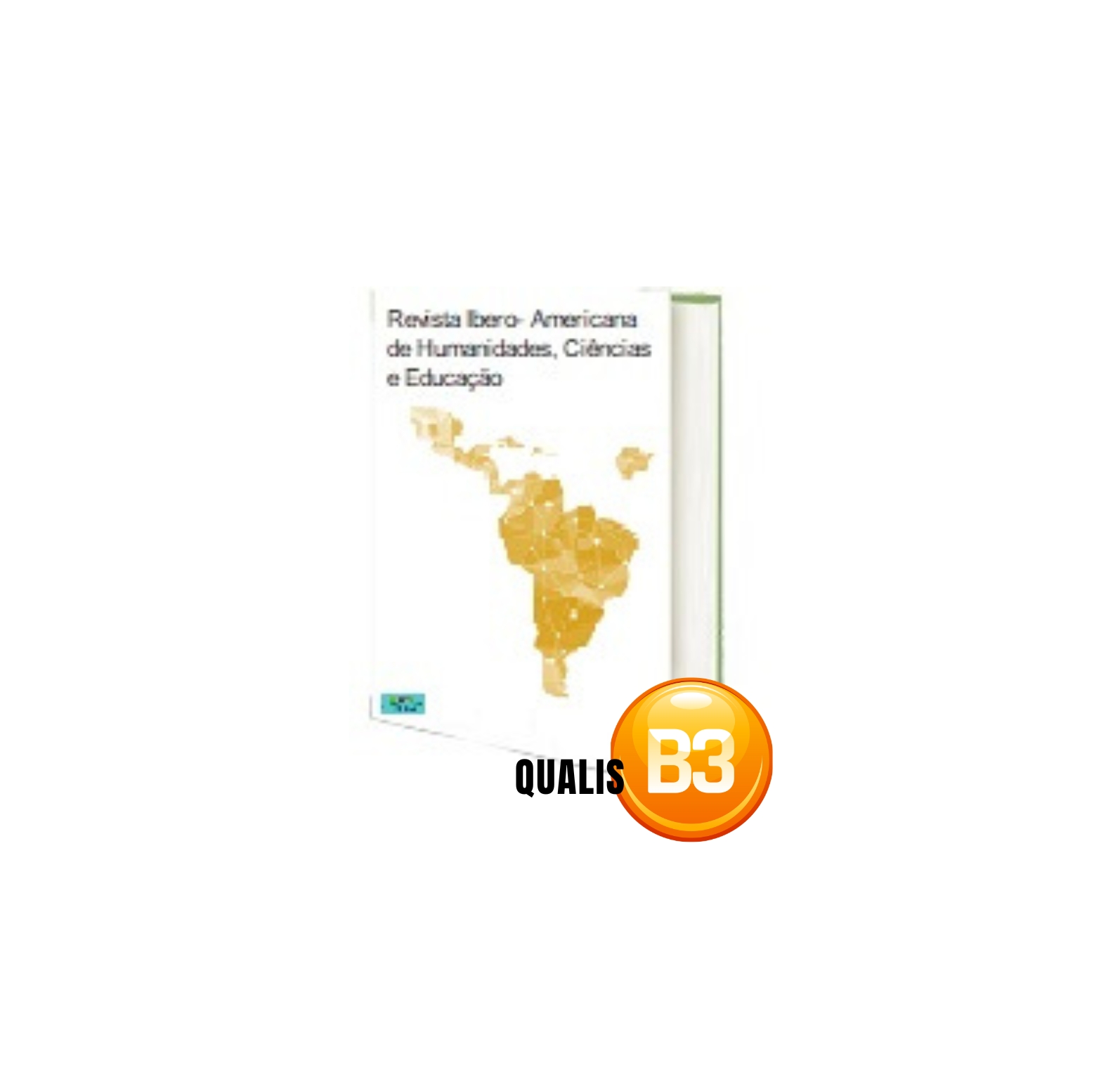TELEWORKING IN THE POST-PANDEMIC CONTEXT: AN ANALYSIS OF THE IMPLICATIONS OF THE MASS PERMANENCE OF THIS WORKING SCHEME
DOI:
https://doi.org/10.51891/rease.v9i2.8514Keywords:
Telecommuting. Post-pandemic. COVID-19. Implications.Abstract
This work seeks to analyze aspects of the wide adoption and permanence of the teleworking regime in the period that follows the COVID-19 pandemic in the country, with the main objective of demonstrating the implications of this phenomenon in the sphere of Labor Law. This modality of service provision is discussed while its elements are explained, approaching its implementation history in Brazil. A study is conducted about its advantages and disadvantages from a broad point of view, with employees, companies, and society as a whole as subjects. It demonstrates some of the factual consequences from the point of view of Labor Law in relation to the consolidation of the wide implementation and continuity of the telework regime in the period in question. For this, the bibliographic research method is used, based on the study of published works as well as the relevant legislation. As a didactic strategy, the article is divided into three topics. In the first explores the concept of telework and the chronology of the legislation that governs it. In the second, the advantages and disadvantages of this work regime are presented, in a comprehensive way, in relation to some subjects, making an analysis that walks through different perspectives and allows the weighing of one element in relation to the other. The third topic sets out to study the implications of telework from the legal point of view, demonstrating how the disadvantages become challenges to be faced so that labor rights are properly safeguarded.
Downloads
Downloads
Published
How to Cite
Issue
Section
Categories
License
Atribuição CC BY

